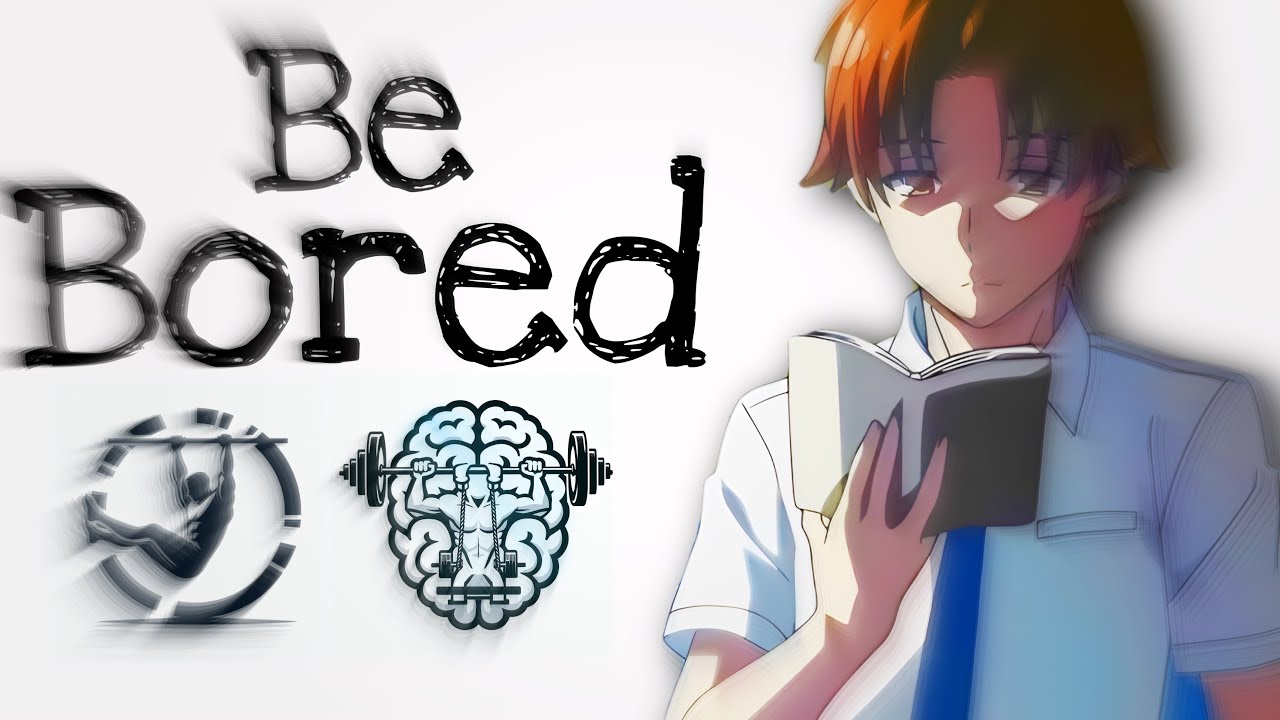How to Beat Procrastination Like It Owes You Money
Summary
TLDRThis video script delves into the psychology of inaction and the power of environmental manipulation to foster behavior change. It emphasizes that willpower is less crucial than setting up an environment that makes desired actions inevitable. The speaker introduces the concept of self-incentivization, using the story of Jiwon to illustrate how small actions can trigger significant progress towards goals. The script also highlights the importance of recognizing failure as a stepping stone to success, advocating for the joy of the pursuit rather than the achievement itself.
Takeaways
- 🧠 Inaction is often rooted in emotion, not a lack of knowledge or understanding of what needs to be done.
- 🐾 Training your mind to want to do good things for yourself is akin to training a pet, and it's achievable with the right approach.
- 🎯 Having a clear major goal in mind is crucial when trying to change behavior and make progress.
- 🌟 The most significant factor influencing behavior change is the environment, not willpower or motivation.
- 🏋️♂️ To emulate success like David Goggins, one should manipulate their environment to make success inevitable.
- 🍎 If you want to change a behavior, like eating healthier or waking up early, set up your environment to support that change.
- 💰 Creating incentives for yourself through rewards and punishments can be a powerful tool to influence your actions.
- 🤔 Overthinking can lead to inaction; sometimes, you need to force yourself to take the first step to overcome the inertia.
- 📝 The 'Do Something' principle suggests that taking any small action can lead to a chain reaction of further actions and progress.
- 🏃♀️ Action is the precursor to motivation, not the result of it, which means you have to start moving to feel motivated.
- 🎉 Celebrating accomplishments is important, but be careful not to let the celebration hinder further progress.
- 🤝 Social pressure can be used positively to motivate action and help achieve goals.
- 🔄 Failure is a part of the process and should be seen as a step forward, not a setback.
- 🚀 The process of pursuing goals is more important than the goals themselves; it's the journey that brings fulfillment.
Q & A
What is the main reason behind inaction, according to the script?
-The main reason behind inaction is not a lack of knowledge but a lack of desire or emotion to do it.
What strategy is suggested for overcoming procrastination?
-The strategy suggested is to master manipulating your own emotions and to trick your mind into wanting to do things that are good for you.
What is identified as the most important factor in determining behavior change?
-The most important factor in determining behavior change is the environment.
How can one use their environment to achieve a desired change?
-One can use their environment by setting it up in a way that makes the desired change inevitable, such as removing junk food from the fridge or setting multiple alarm clocks.
What role do incentives play in influencing behavior?
-Incentives create rewards and punishments for behaviors, motivating individuals to take the desired actions.
What is the 'Do Something' principle?
-The 'Do Something' principle suggests that taking any small action, no matter how minor, can help break the cycle of inaction and generate motivation.
How did the 'Do Something' principle help Jiwon in the script?
-The 'Do Something' principle helped Jiwon by getting her to take small, basic actions towards her goal, which eventually led to significant progress, such as building a website and sourcing products.
What is the significance of social pressure in achieving goals?
-Social pressure can be leveraged to motivate oneself to achieve goals by seeking approval from others and creating a sense of accountability.
How did the collaboration with Jiwon benefit the speaker?
-The collaboration with Jiwon benefited the speaker by providing motivation to pursue a personal dream of creating a documentary-style video about Korean culture and mental health.
What is the final message about failure in the script?
-The final message is that failure moves us forward by providing valuable lessons and experiences, and the journey itself is more important than the actual achievement of the goals.
Outlines

This section is available to paid users only. Please upgrade to access this part.
Upgrade NowMindmap

This section is available to paid users only. Please upgrade to access this part.
Upgrade NowKeywords

This section is available to paid users only. Please upgrade to access this part.
Upgrade NowHighlights

This section is available to paid users only. Please upgrade to access this part.
Upgrade NowTranscripts

This section is available to paid users only. Please upgrade to access this part.
Upgrade NowBrowse More Related Video
5.0 / 5 (0 votes)





